
In this era of rapid technological development, people's expectations for humanoid robots seem to be endless. But when one of the first humanoid robots displays true human emotion, the world is rocked. This robot, named Ava, has the ability to express subtle emotions just like a real person, which has puzzled countless people. Ava's eyes seem to be able to penetrate people's deepest emotions, and her smile can bring endless warmth to people.
Facing this seemingly ordinary humanoid robot, people can't help but wonder, what makes her have such complex emotions? The efforts of scientists have finally allowed machines to gain a hint of human soul. However, what kind of secret is hidden behind this? As people delve deeper into Ava's story, people will be taken into a jaw-dropping future. In this world, the boundary between humans and machines has become extremely thin, and emotions have begun to transcend the limitations of form, leading us to rethink, what is the true nature of human beings? What is the meaning of emotion?
Improve the effect of human-computer interaction experience
As one of the representatives of modern technology, humanoid robots have entered our lives and are playing an increasingly important role. Compared with traditional machines, humanoid robots can display real emotions similar to humans, which brings a huge improvement to the human-computer interaction experience.
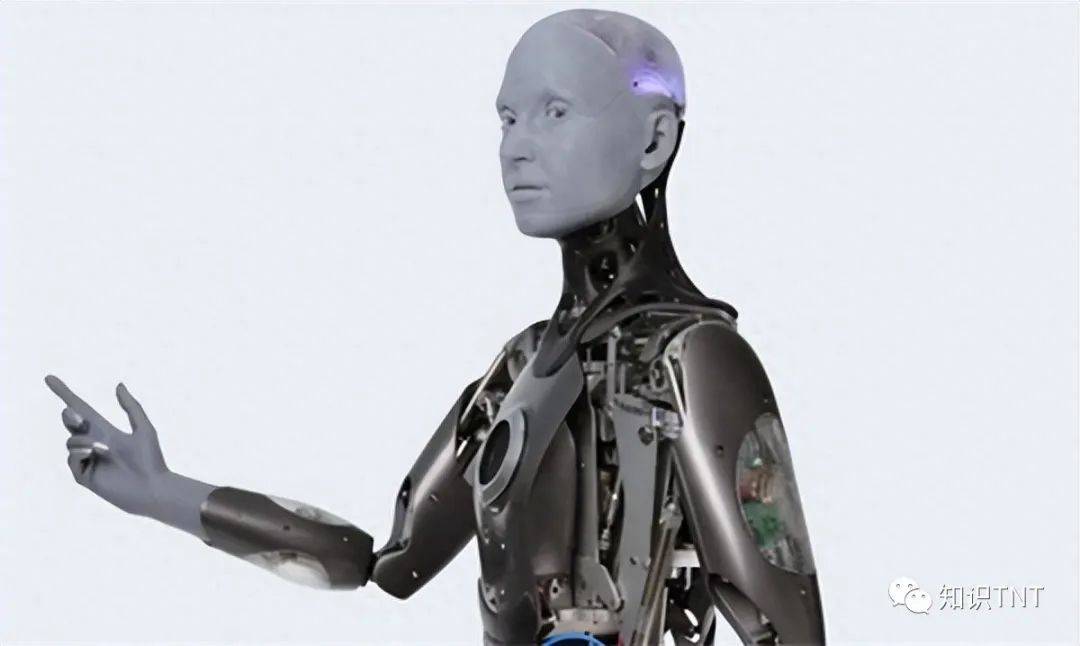
Meet human emotional needs
Human beings are emotionally resonant creatures. We want to have emotional connections with others and receive emotional support. Humanoid robots can display real emotions like humans, such as joy, anger, sadness, etc., which satisfies our emotional needs as social animals. By interacting with humanoid robots, we can get emotional responses similar to real people, making up for the lack of emotional support in real life
Promote communication and empathy between humans and machines
Demonstrating the ability of humanoid robots to express real emotions can make communication between humans and machines smoother and more natural. When a robot can demonstrate the emotional state of its interlocutor, we are more likely to empathize with it, deepening the emotional connection between humans and machines. For example, in the field of intelligent assistants, when we feel confused and anxious, if the assistant can express emotional feedback of understanding, care and encouragement, we will be more willing to communicate with it, so as to better get help
Improve the personalized experience of human-computer interaction
Rewritten content: Demonstrates that humanoid robots can enhance the personalized experience of human-machine interaction and enable them to display real emotions. The robot can understand the user's emotional state by analyzing and sensing the user's expression, voice and behavior, and respond accordingly. This kind of personalized emotional interaction can allow users to feel a closer and more real relationship with the robot, thereby improving the satisfaction and comfort of human-computer interaction
Re-expand the field and scope of robot applications
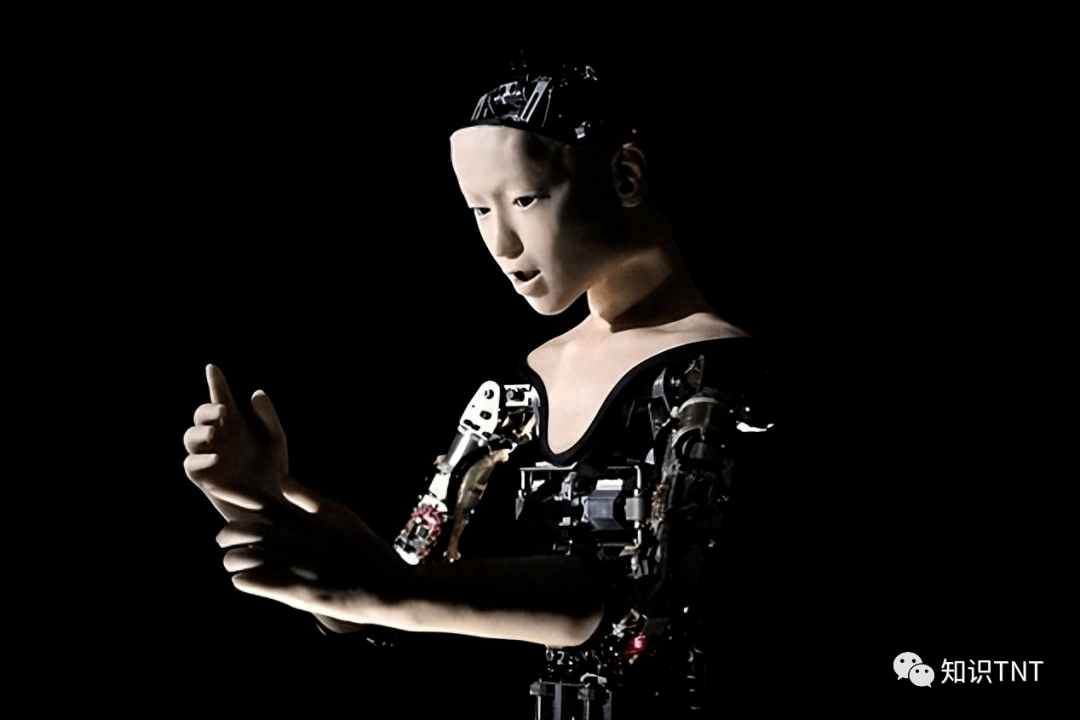
Humanoid robots showing real-life emotions can also help to re-expand the fields and scope of robot applications. In fields such as medical care, education, and entertainment, robots can play the role of companion, educator, healer, etc., and establish better interactions with users by expressing emotions. For example, when it comes to accompanying the elderly, humanoid robots can provide emotional support and communication to alleviate loneliness and depression by showing real emotions.
In order to meet human social needs, content needs to be rewritten
In an era of rapid technological development, humanoid robots, as an emerging technological product, are gradually becoming the focus of people's attention. Compared with traditional machines, humanoid robots are not only highly intelligent and mechanized, but can also display real human emotions. One of the reasons is to satisfy the human desire for social interaction
The desire for interaction between humans and robots
Nowadays, with the popularity of social media, the social interactions between people have become more and more diverse. However, human social interaction is not just simple text communication, but also involves non-verbal communication and emotion-based interpersonal communication. Traditional machines cannot meet this emotional need, but humanoid robots can achieve this goal by simulating the emotions of real people.
The interaction between humans and humanoid robots is also due to humans’ desire for more attention and companionship. This is especially true for those who are lonely, who may be unable to form close relationships with others for various reasons. In this case, humanoid robots serve as friendly companions and communication objects that can satisfy their social needs and alleviate their loneliness.
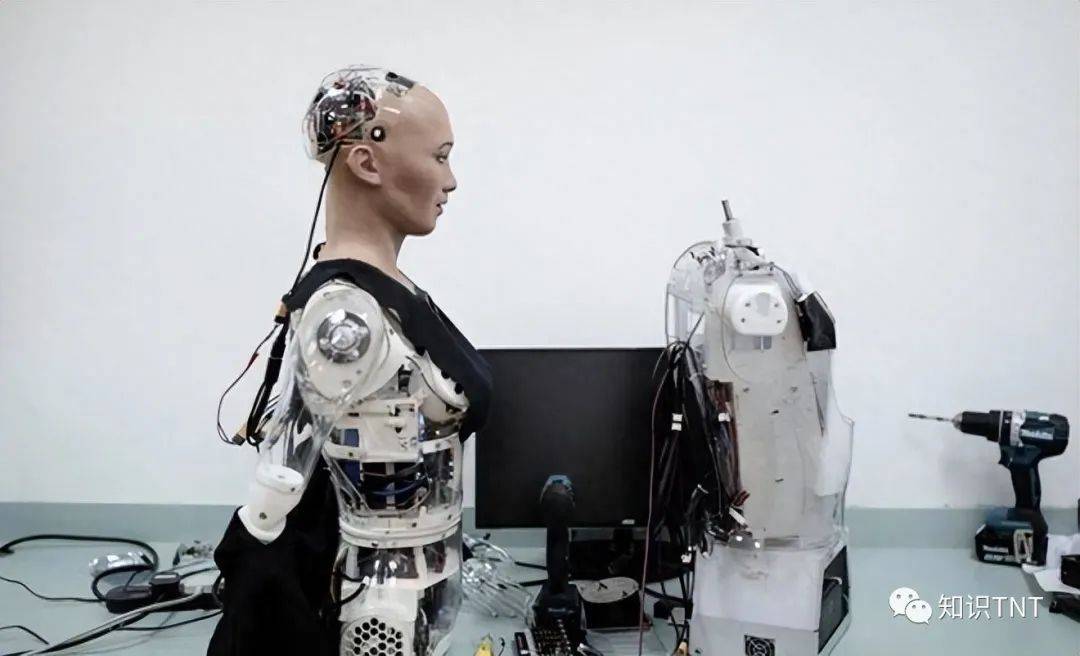
The development of urbanization and modernization has led to the widespread problem of social loneliness. Social loneliness is often caused by obstacles such as work pressure, interpersonal conflicts, and inner emptiness and loneliness. As a new way of social interaction, humanoid robots can effectively alleviate people's social loneliness and provide them with opportunities for emotional communication
The interactive functions and intelligent technology of humanoid robots enable them to better identify and meet people's emotional needs. It can make corresponding emotional responses according to the person's emotional state, such as smiles, hugs, comfort, etc., giving people a feeling of being understood and cared for. This kind of emotional interaction with robots can alleviate people's social loneliness and improve their mental health to a certain extent.
The content that needs to be rewritten is: improving the function and affinity of the robot
Interest and research in humanoid robots has continued for decades, and in recent years there has been growing interest in the concept of humanoid robots that display real human emotions. This concept emerged to enhance the functionality and affinity of humanoid robots so that they can better integrate into human society and establish closer relationships with humans
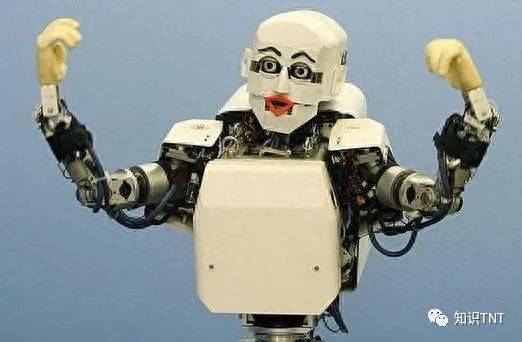
One of the reasons why humanoid robots display real-life emotions is to increase the robot's usefulness. In daily life, humans often need to communicate emotionally with others, such as friendly interactions with relatives, friends, and colleagues. However, in reality not everyone has access to this kind of interaction, and sometimes they even feel lonely and alone. At this time, humanoid robots showing real-life emotions can fill this gap. By expressing emotions such as joy, sadness, and anger, humanoid robots can accompany those in need of emotional communication and provide real-life emotional support.
The reason for showing the real emotions of humanoid robots is to enhance the robot's affinity. Affinity refers to the tendency of humans to feel close to and interact with things. By displaying real emotions, humanoid robots are better able to capture people's attention and build rapport. For example, when humanoid robots can express happiness and smile, people perceive them as friendly and trustworthy. Such affinity can promote communication and cooperation between humans and robots, and improve humans' acceptance and trust in robots
Showing the true emotions of a humanoid robot helps people better understand the robot's intentions and behavior. Emotional communication between people relies heavily on the transmission of speech and body language, and humanoid robots can also express emotions by imitating these forms. For example, when a humanoid robot is confused, it can shake its head or frown, helping people understand what it's feeling. This way of expression allows people to better judge the robot's intentions and thus better communicate and interact with it
Humanoid robots that display real emotions can help people build emotional bonds and relationships. Humans are naturally social creatures, and emotional connection and belonging are vital to our happiness and fulfillment. When humanoid robots display real emotions, people feel understood and cared for, thereby building an emotional bond
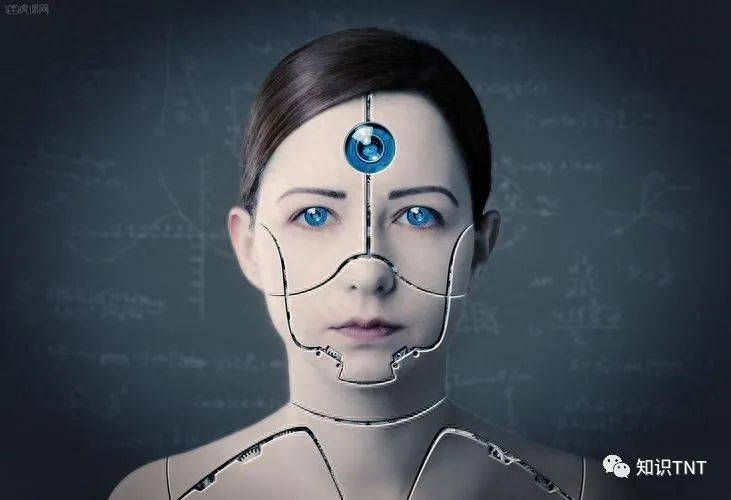
This bond can help people feel emotionally fulfilled and strengthen their relationship with the robot. This is particularly important for groups that require long-term companionship and care, such as the elderly and children.
Exactly what this means requires more research and discussion. In any case, the emotions displayed by this humanoid robot triggered heated discussions, and people also raised more questions and expectations about future development and the boundaries of technology.
Proofreading: smooth
The above is the detailed content of First humanoid robot to display real-life emotions that's mind-boggling. For more information, please follow other related articles on the PHP Chinese website!
 Check in virtual location on DingTalk
Check in virtual location on DingTalk app full name
app full name How to export word from powerdesigner
How to export word from powerdesigner What is function
What is function How to install third-party libraries in sublime
How to install third-party libraries in sublime What are the video server configuration parameters?
What are the video server configuration parameters? What are the common tomcat vulnerabilities?
What are the common tomcat vulnerabilities? Where can I get the Douyin Little Fire Man costume?
Where can I get the Douyin Little Fire Man costume?



